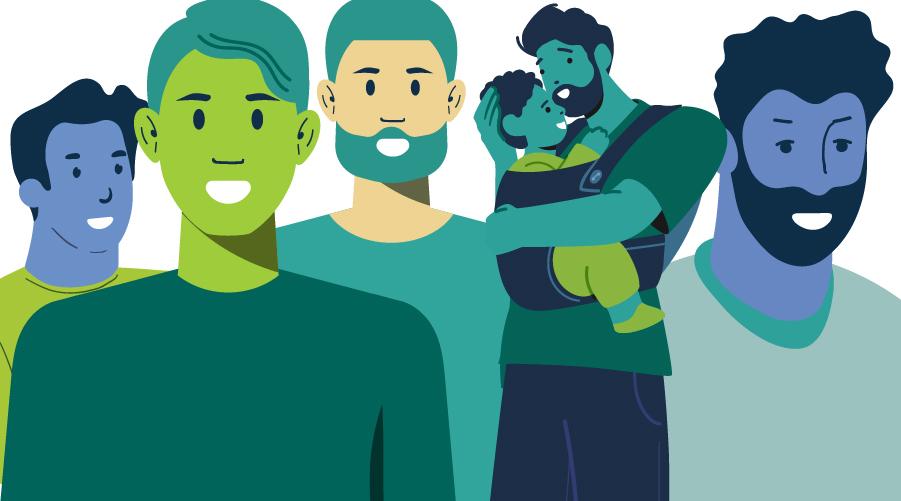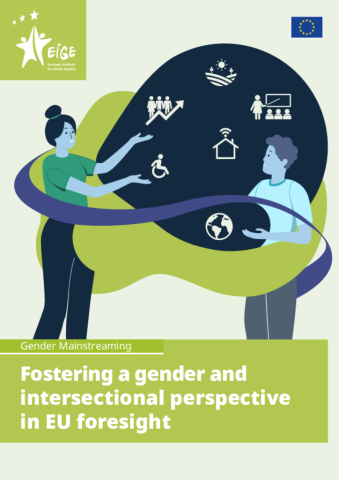
In recent weeks, killings of a woman or girl because of her gender (femicide) in a few EU Member States show the urgency to better respond to this phenomenon.
Today EIGE publishes the report Improving legal responses to counter femicide in the European Union: Perspectives from victims and professionals.
The report follows on EIGE’s package to help EU countries gather solid data to classify and measure femicide.
The spate of femicide cases in 2021 puts victims’ rights into sharp focus.
According to UN Women, 45,000 women and girls worldwide were killed by their intimate partners or other family members. This means that, on average, more than five women or girls are killed every hour by someone in their own family.
This needs to change.
The international human rights framework obliges States to follow the due diligence principle when shaping responses to violence against women. This means they must prevent, investigate and punish all acts of violence against women as well as protect the victims and provide holistic reparations to help heal their trauma.
But we also need to acknowledge that the victims of femicide go beyond one person.
Family members of murdered women – children, parents and other close family members – are hidden in plain sight. However, their experiences with law enforcement and the justice sector are often painful.
This is due to insufficient information on their rights, a lack of victim-oriented, trauma-informed approach and a lack of legal recognition of their role during legal proceedings negatively affecting their access to justice.
In this new report, EIGE gives a voice to both legal professionals and victims who speak about their experiences on what it’s like to deal with the fallout of femicide. Interviews provide an authentic picture into the flaws of the legal systems – such as insufficient immediate action following a report of violence.
When I said publicly that my niece had brought many complaints, which were not found, they could have searched to contradict me, to verify. But there was nothing. No investigation. At the time of the trial, however, they said they had found a complaint, as if by chance. But this boy had not been summoned. … Why do we train the police to intervene, and they leave without doing anything? And we are surprised that 8 months later we find my niece in a coffin.
(Victim – family member, France)
Insensitive media reporting can also add to the trauma experienced by victims.
In court, from my point of view, these meetings should be made with closed doors in such cases because there is great suffering. In courtrooms people are like in a theatre room. In addition to the fact that the pain is big, there is also the stress that somebody is watching them, not to mention the press. I knew it was the press. Any case of this type is made known, it is the same everywhere … local press. There were two public meetings on trial. Victims cried each time.
(Victim – legal representative, Romania)
EIGE’s report also notes limited visibility of femicide in national policies and highlights the potential benefits of recognising the femicide as a separate criminal offence:
Because what does not exist, is also not discussed. Neither with the investigating authorities nor with the investigating procedures nor with the judges.
(Professional – counsellor, Germany)
To change the way we perceive femicide, legislation must lead by example.
Member States can improve legal procedures and reduce the number of victims by:
- Ensuring a coordinated response to femicide. Member States need to have national strategies on violence against women and develop specific measures to prevent femicide.
- Strengthening legal responses. Femicide needs to be seen as a separate criminal offence. This entails adopting investigative protocols for law enforcement officers and guidelines for prosecutors.
- Improving the collection of data on femicide cases. Data is a crucial tool to not only capture the scale of the phenomenon but for designing and monitoring prevention and response measures.
- Ensuring full access to compensation and reparation. This includes a victim’s right to money granted by the state when the perpetrator cannot do so, and reparation such as supporting victims to heal their trauma with counselling.
- Improving the protection of victim’s rights. Ensure that at least the minimum standards on the rights, support and protection of victims established by the victims' rights directive are fully recognized in the Member States.
Based on EIGE’s evidence, it will continue to assist the EU and Member States on this topic, for example during country visits and consultations.
The report is complemented by the policy brief, Femicide: shedding light on ‘invisible’ victims.
Go to the policy brief Femicide: shedding light on ‘invisible’ victims





